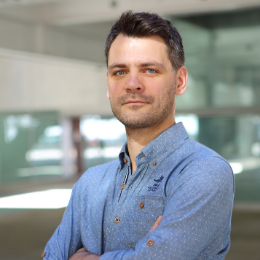Viruses mutate rapidly and hundreds of mutations have been detected in the SARS-CoV-2 genome, some of which can increase infection rates as recently reported for the novel strain B1.1.7. Novel mutations can also affect the accuracy of diagnostic tests, the efficiency of vaccines, and may associate with clinically relevant phenotypes (disease severity, response to treatment).
Viral whole genome sequencing can readily reveal novel mutations and thereby contribute to an improved understanding of virulence and the reconstruction of worldwide transmission routes.
Join our webinar with Prof. Dr. Stephan Ossowski, Professor for Computational Biomedical Genomics at the Institute for Medical Genetics and Applied Genomics at the University of Tübingen, to:
- Learn how members of the DeCOI consortium have benchmarked various approaches for complete sequencing of the SARS-CoV-2 genome, including amplicon and oligo-hybridisation based approaches, short and long read sequencing, as well as several SNV calling methods.
- Hear about characterization of intrahost viral diversity and evolution, and the detection of low-frequency viruses in a host’s SARS-CoV-2 population.
- See how an approach combining the Twist-SARS-CoV-2 panel with ultra-deep sequencing, unique molecular barcodes, and a newly developed SNV detection method outperforms other approaches and can detect mutations with an intrahost-frequency below 0.1%.



